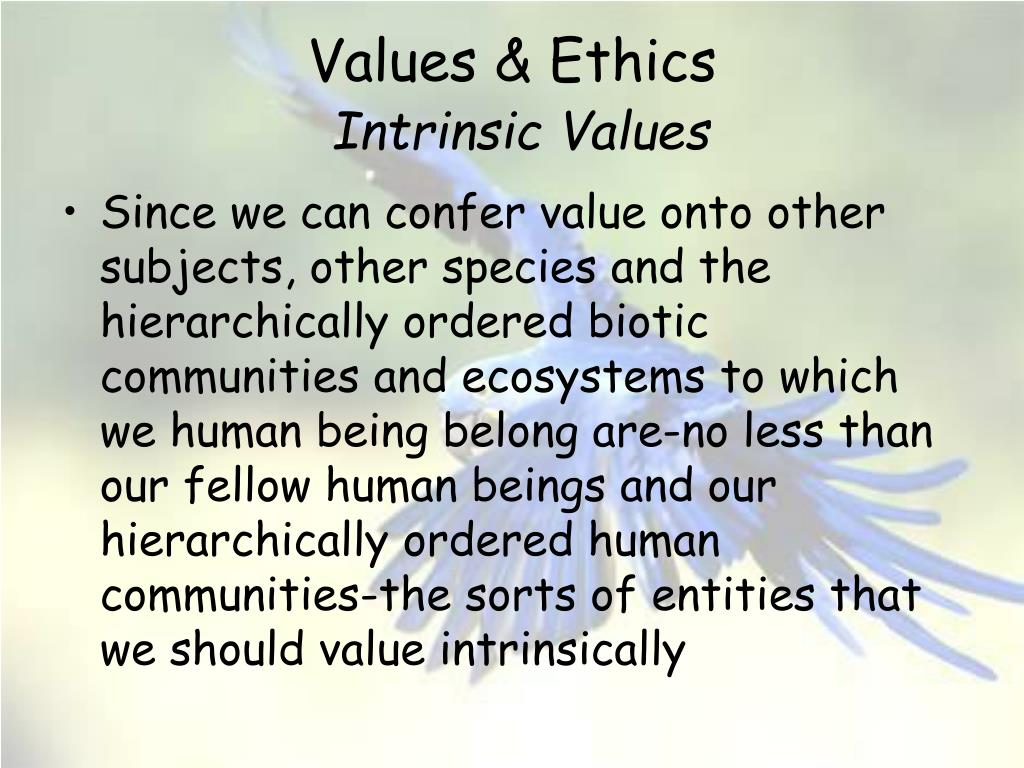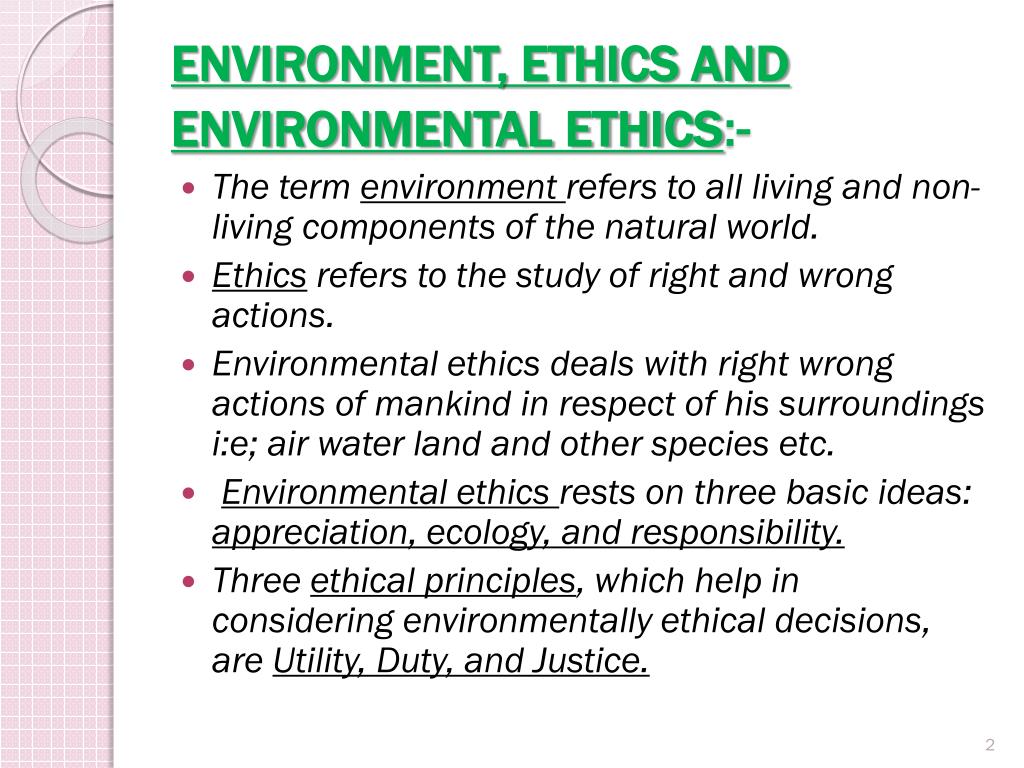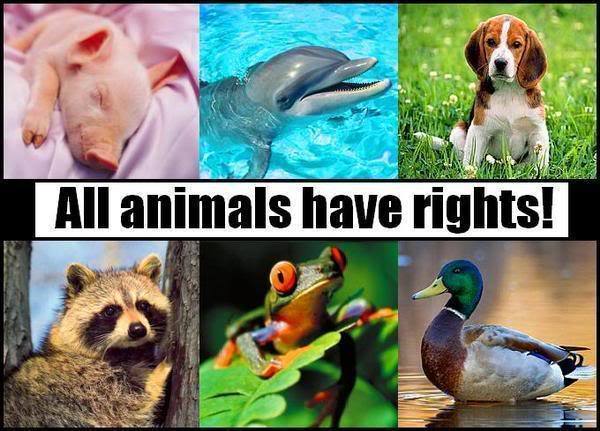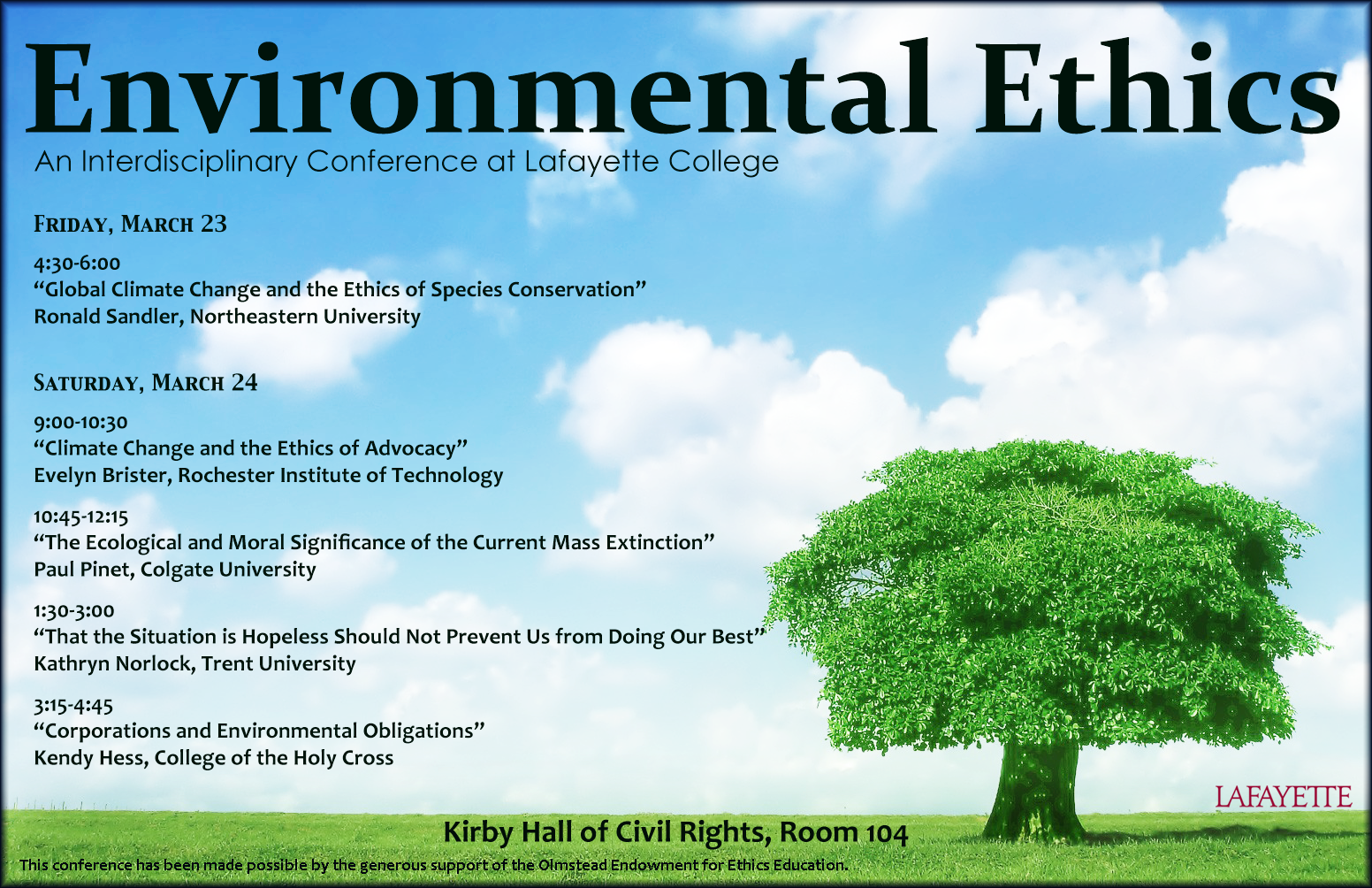
It seeks to answer questions about our responsibilities towards the natural world and how we should value and treat non-human entities.

Image Source
Stewardship: Humans have a responsibility to care for and protect the environment, ensuring its sustainability for future generations.

Image Source
Biocentrism: This view recognizes the intrinsic value of all living beings and emphasizes the rights and interests of non-human entities.

Image Source
Environmental ethics calls for taking responsibility for our contributions to climate change and mitigating its effects.

Image Source
Environmental ethics advocates for protecting and restoring biodiversity, recognizing the intrinsic value of all species.

Image Source
Environmental ethics highlights the importance of addressing environmental injustices, such as pollution and resource exploitation in marginalized communities.

Image Source
It challenges practices such as factory farming and animal testing, advocating for more compassionate and sustainable alternatives.

Image Source
Support and engage in sustainable practices, such as recycling, using renewable energy, and conserving water.

Image Source
It calls for recognizing the intrinsic value of nature, promoting stewardship, and embracing sustainable practices.

Image Source